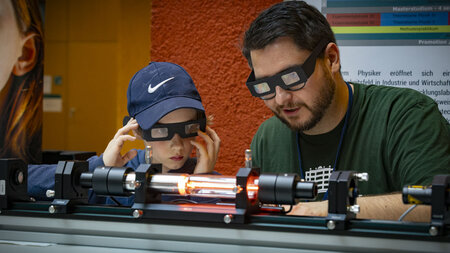Eintrag in der Universitätsbibliographie der TU Chemnitz
Volltext zugänglich unter
URN: urn:nbn:de:bsz:ch1-qucosa2-341799
Parsch, Philip
Masrur, Alejandro ; Hardt, Wolfram ; Hoffmann, Henry (Gutachter)
On Enforcing Reliability in Unidirectional WSNs: A MAC-Based Approach
Kurzfassung in englisch
With the advent of Internet of Things (IoT), an increasing number of devices start exchanging information. This puts emphasis on wireless sensor networks (WSNs) to facilitate the interaction with the environment in varied application scenarios such as, for example, building and home automation among others. In this context, a reliable communication is usually required, i.e., it is necessary to guarantee that packets arrive within a specified maximum delay or deadline. In addition, since nodes are usually battery-powered and deployed in large numbers, they must be cost-effective and economize on energy, which requires nodes to have a low complexity.In this context, unidirectional communication, i.e., where nodes either send or receive data, seems to be an interesting solution. Since no elaborate feedback mechanisms such as carrier sensing, acknowledgments and retransmissions schemes are possible, complexity, costs, energy consumption and communication overhead are reduced in a considerable manner. On the other hand, however, packet loss becomes more likely making such networks strongly unreliable. To overcome this predicament, two MAC (Medium Access Control) protocols are proposed, namely DEEP and RARE. These consist in nodes transmitting their data as sequences of redundant packets with carefully selected inter-packet separations leading to robust transmission patterns that enable reliable communication. In the case of DEEP, full (100%) reliability can be guaranteed, i.e., there is no data loss, which is particularly useful for safety critical applications. RARE, on the other hand, is designed for applications that tolerate some amount of data loss and can be configured to a reliability <100%, i.e., to a certain probability on successful data delivery. This allows improving other aspects of the network, such as energy consumption, communication delays, etc.
In contrast to solutions from the literature, the proposed protocols do not pursue a best-effort approach, but rather provide an analytical framework to assess the performance (i.e., reliability, energy consumption, etc.) of the network. In addition, the proposed protocols are based on more general models that allow describing arbitrary node types with different deadlines and packet lengths leading to a provable higher performance. These and other benefits are illustrated by the means of extensive numerical experiments and simulations based on the OMNeT++ framework.
| Universität: | Technische Universität Chemnitz | |
| Fakultät: | Fakultät für Informatik | |
| Dokumentart: | Dissertation | |
| Betreuer: | Masrur, Alejandro | |
| SWD-Schlagwörter: | Funktechnik , Zuverlässigkeit , Energieeffizienz , Drahtloses Sensorsystem , Dienstgüte | |
| Freie Schlagwörter (Englisch): | wireless sensor networks , unidirectional communication , reliability , quality of service , low cost | |
| DDC-Sachgruppe: | Datenverarbeitung; Informatik | |
| Sprache: | englisch | |
| Tag der mündlichen Prüfung | 28.05.2019 |




